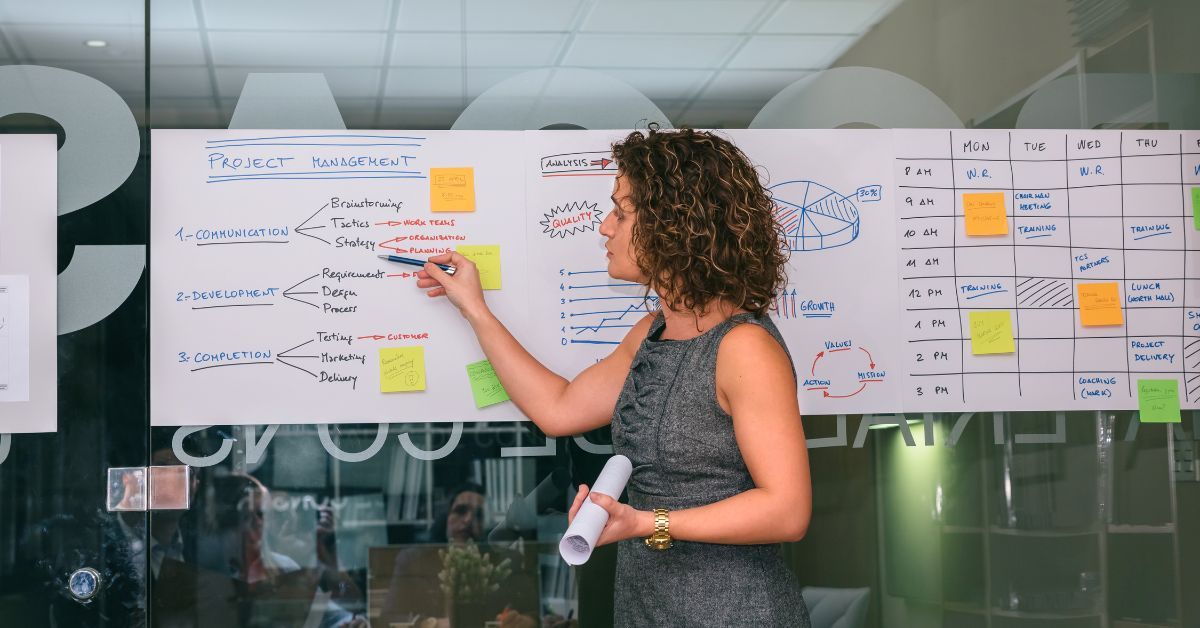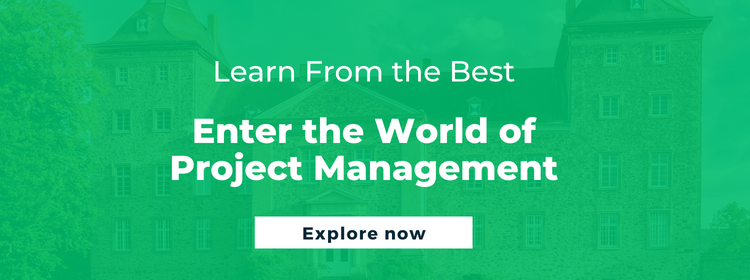A Comprehensive Guide on How Businesses Calculate the Cost of Quality

It is known that quality comes at a cost. It is up to businesses to ascertain whether that cost of quality is worth it. In other words, it is important for them to know the true cost of producing a quality product or service. That is why they look for professionals who can improve their processes and reduce waste, resulting in increased profitability and customer satisfaction. In this blog, let us discuss the different categories of cost of quality (COQ), how to calculate it and, further, optimize it.
Cost of Quality in Project Management
It refers to the expenses incurred to ensure high-quality deliverables in project management. Moreover, it is known as quality cost and helps measure the total cost required to identify, prevent, and deal with the issues related to imperfect deliverables.
Businesses consider it to be an important part of project management because it helps them decide how much they should spend on quality. The cost of quality also includes the costs incurred to prevent defects in products, or the costs that may result from the associated defects in products.
What are the Categories of Cost of Quality?
 It is a comprehensive approach to evaluate the financial impact of producing a quality product or service. Here are some of its key categories:
It is a comprehensive approach to evaluate the financial impact of producing a quality product or service. Here are some of its key categories:
1. Cost of Conformance
Cost of conformance refers to the expenditure incurred to ensure that a product or service meets the quality standards. It includes planning, quality control, and quality assurance. Moreover, prevention costs and appraisal costs are two types of costs associated with the cost of conformance.
Prevention Cost
This is incurred to prevent defects from occurring in the first place. These costs include training employees, maintaining equipment, improving processes, and designing better products. Moreover, prevention costs are an investment in quality that can save businesses money in the long run by reducing the need for appraisal and failure costs.
Appraisal Cost
Appraisal costs are those incurred to detect defects before they reach the customer. Moreover, these costs include inspection, testing, and other forms of quality control. Also, appraisal costs are necessary to ensure that products meet quality standards and can be sold to customers with confidence.
2. Cost of Non-Conformance
Cost of non-conformance refers to the expenses incurred due to the failure of a product or service to meet the required quality standards. It includes the cost of internal and external failures.
Internal Failure Cost
Internal failure costs are those incurred when defects are detected before the product is shipped to the customer. Moreover, these include scrap, rework, and downtime. Internal failure costs can be reduced by investing in prevention and appraisal activities that detect defects earlier in the production process.
External Failure Cost
These costs are incurred when defects are detected after the product has been shipped to the customer. These include warranty claims, product recalls, and lost customer goodwill. External failure costs can be reduced by investing in prevention and appraisal activities that prevent defects from reaching the customer.
How to Calculate Cost of Quality in Projects
Calculating the COQ in projects is an important step towards improving quality and reducing costs. While the calculation may differ across organizations, a comprehensive overview of all quality costs is essential for better understanding.
The basic equation for Cost of Quality is the sum of Cost of Good Quality (COGQ) and Cost of Poor Quality (COPQ).
To calculate the COGQ, add the Prevention Cost (PC) and Appraisal Cost (AC) (COGQ = PC + AC).
To calculate the COPQ, add the Internal Failure Cost (IFC) and External Failure Cost (EFC) (COPQ = IFC + EFC).
By combining the COGQ and COPQ equations, the COQ can be more clearly defined as follows:
COQ = COGQ + COPQ = (PC + AC) + (IFC + EFC).
ALSO READ: What is Project Management and How to Become a Successful PM
How to Interpret and Optimize Cost of Quality in Projects
 To interpret and optimize COQ in projects, businesses must understand the different components of the cost of quality. Moreover, they must identify areas for improvement, and implement strategies to reduce costs while maintaining quality standards. Here is a breakdown of the key points to keep in mind for interpreting and optimizing the cost of quality in projects:
To interpret and optimize COQ in projects, businesses must understand the different components of the cost of quality. Moreover, they must identify areas for improvement, and implement strategies to reduce costs while maintaining quality standards. Here is a breakdown of the key points to keep in mind for interpreting and optimizing the cost of quality in projects:
Analyze Data
Start by gathering and analyzing data on the different costs of quality, including prevention, appraisal, internal failure, and external failure costs.
Identify Areas of Improvement
Use the data analysis to identify areas where quality can be improved and expenses can be reduced.
Set Quality Metrics
Establish quality metrics that can help you track progress towards achieving your quality goals.
Conduct Quality Control
Put a system in place for monitoring quality and conducting quality control checks to ensure that products and services meet standards.
Continuous Improvement
Develop a plan for continuous improvement that involves identifying and addressing the root causes of quality issues and implementing strategies to prevent future problems.
Optimize Costs
Use the data you have gathered to optimize expenditure by reducing waste, improving efficiency, and streamlining processes.
Examples of the Cost of Quality in Project Management
For a better understanding, let’s explore some examples:
- Lost Time: When a project has quality issues, it can result in delays, causing the project to go over budget and miss deadlines. Moreover, the cost of lost time can be significant as team members may need to spend additional hours on the project. Or work overtime to catch up, resulting in increased labor spends
- Rejected Deliverables: If project deliverables do not meet quality standards, they may need to be redone, causing additional spends. Moreover, this can include expenses related to materials, labor, and time spent. This can also be on the rejected deliverables, as well as the cost of redoing the work
- Training Costs: If the project team lacks the necessary skills or knowledge, it can lead to quality issues that can increase project spends. Moreover, investing in training can help prevent quality issues by ensuring that team members have the necessary skills and knowledge to complete their tasks effectively. Also, while training may seem like an added expense, they can ultimately save the project money by reducing the need for rework and improving the overall quality of the project
Learn More About Cost of Quality with Emeritus
Project management professionals must know how to effectively interpret and optimize the COQ in projects, leading to improved quality and reduced expenditure. Moreover, if you want to upgrade your knowledge in this area, enroll in Emeritus’ online project management courses. These courses will enable you to learn more about the different aspects and improve this key parameter for your business.
Write to us at contact@emeritus.org






